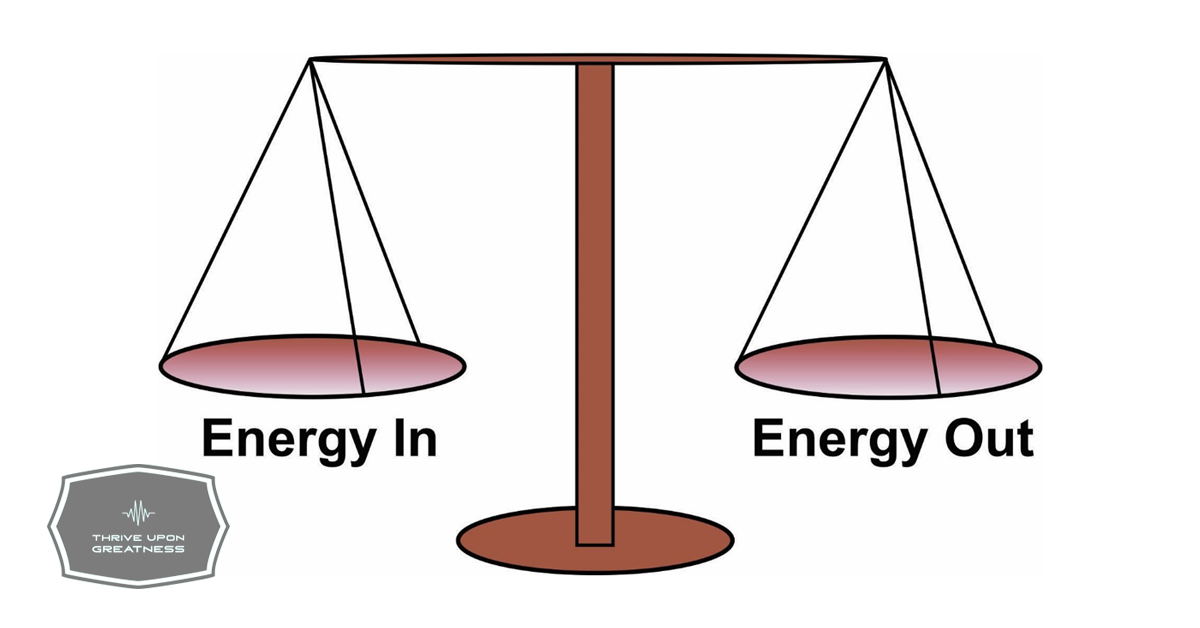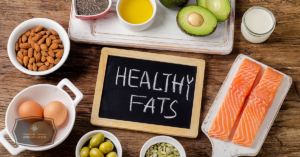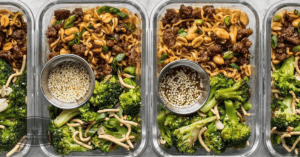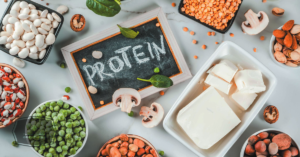Energy balance is the relationship between energy in (energy taken into the body through food and drinks) and the energy out (calories being used in the body for our daily energy requirements).Energy is another word for calories, everyone’s energy balance is completely different due to age, height, muscle mass, activity levels etc.
Energy balance will determine if you lose weight, gain or stay the same so it is good to get an understanding of it. Knowing how to measure your energy balance can allow you to incorporate ‘cheat meals’ into your diet without feeling guilt; helping to create a balanced lifestyle.
Losing Fat
If you want to lose weight, your energy balance needs to be negative meaning that your body is in a caloric deficit as a result of consuming less calories compared to exerting. If you hit a plateau in your weight loss journey; it is usually a result of your energy balance becoming equal rather than being negative, therefore you may need to make adjustments weekly to make sure you are in a deficit.
If you want to lose weight; work out your maintenance amount of calories and either take 500 calories out of your daily allowance or add extra exercise daily to burn these 500. Trying to maintain muscle can be done by eating a protein goal made up of 2.2g/kg bodyweight/ day while making your other calories up with carbohydrates and fats. Don’t just drop your calories to a base line number, this way you can have more calories and still make progress without crashing out.
Gaining Muscle
If you want to gain weight, your energy balance needs to be positive meaning that your body is in a caloric surplus as a result of consuming more calories compared to exerting. If you hit a plateau in your journey of gaining weight- it is a result of your energy balance becoming equal rather than positive, therefore you may need to make adjustments weekly to make sure you are in a surplus.
If you want to gain weight, work out your maintenance amount of calories and either add 500 calories into your daily target or cut out extra activities that are burning them 500 calories. Have your protein goal to 2.2g/kg bodyweight/ day and make the rest of your calories up with your other two macros. Aim to add at the most 1-2lb per week; this will prevent from gaining too much fat in the gaining phase.
Ways of creating a negative energy balance
1. Build and create muscle damage with intense weight training.
2. Maximise post workout energy expenditure by using high intensity exercise.
3. Boost non- exercise physical activity such as increasing your step goal.
4. Eat lean protein throughout the day causing your metabolism to increase.
5. Incorporate omega-3 fats.
6. Sleep 7-9 hours per night.
7. Don’t think because you are eating healthy means you lose weight, make sure you know that you are in a deficit to gain results.




